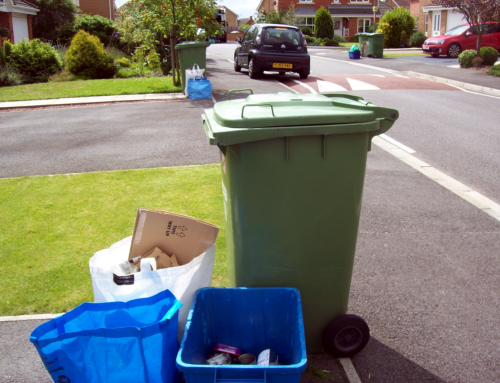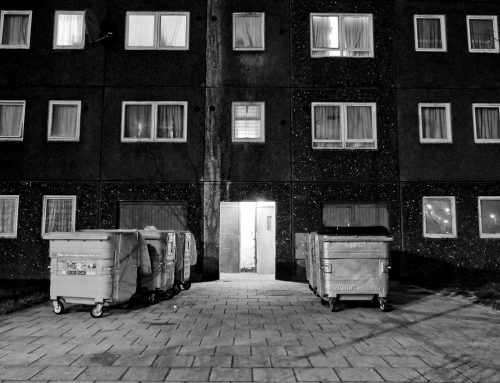by Phillip Ward
2 minute read
Defra handed out Christmas presents this week in the form of £500,000 for 16 trials of rewards for increased recycling.
It prompted me to reflect on how far we have come since last year – and how slowly. Following the election, we saw Eric Pickles make great play of repealing the powers to run five pilots to test Pay as You Throw schemes, followed by an unseemly scramble between him and Caroline Spelman to show support for the RecycleBank incentive scheme in Windsor and Maidenhead. The political message was clear: increased recycling would come when individuals were incentivised to do the right thing.
Grand design
With this degree of confidence, and Ministerial backing, we might have expected a rush of authorities joining up with RecycleBank or Green Points. But it hasn’t happened. The latest municipal recycling figures give some indication why this might be. The high performers are authorities that have introduced well-constructed recycling schemes that are easy to understand and use. The proponents of incentive schemes show some improvement but languish in the middle of the pack.
Analysis by Resource Futures, published by WRAP last year, showed the key design features that affect recycling rates:
- the frequency of residual waste collections;
- the number of materials collected for recycling; and
- the amount of container space provided.
Demographics are important too, not just because wealthier households are likely to have more newspapers, magazines and wine bottles to bolster their recycling. Attitudes to recycling will vary according to how easy it is to manage – perhaps easier for those with larger houses and gardens – and how important it feels alongside all the other pressures facing a household. These issues too have been documented by WRAP in their report “Barriers to Recycling at Home”; also the research that provides the basis for the claim that half of households say they would recycle more if they were rewarded or at least recognised for their efforts. For many, saying “Thank you” may be enough.
While any fair reading of the evidence would not rule out the use of recognition or rewards (the word “incentives” has been quietly binned), I would only expect them to succeed as part of a well-designed recycling scheme tuned to local demographics and issues.
So what of the 16 pilots just announced by Defra? They are a curious mix. Some look very similar to the pilots run by the last government and reported on in 2006. A number are aimed at incentivising reuse and others seek to reward communities rather than individuals. Perhaps the biggest difference from the earlier pilots is that they will be funded for longer. None of the earlier trials survived beyond the end of central funding – itself perhaps a comment on their perceived value – and few firm conclusions were drawn from them. Longer trials may produce more useful data – but could be seen as fig leaves to preserve Pickles’ and Spelman’s modesty after the exuberance of their post election rhetoric.






As an addendum – Let’s Recycle are reporting that recycling rates at Windsor and Maidenhead have plateaued http://www.letsrecycle.com/news/latest-news/councils/recyclebank-borough-recycling-rate-stalls
We need to understand a lot more about how the incentive schemes are working – are the recycling points actually being coveted to rewards for example and how does the performance of participating and non-participating households differ?
It would be good if Windsor and Maidenhead were to contribute their data to the evaluation of Defra’s new trails being done by Brook Lyndhurst.